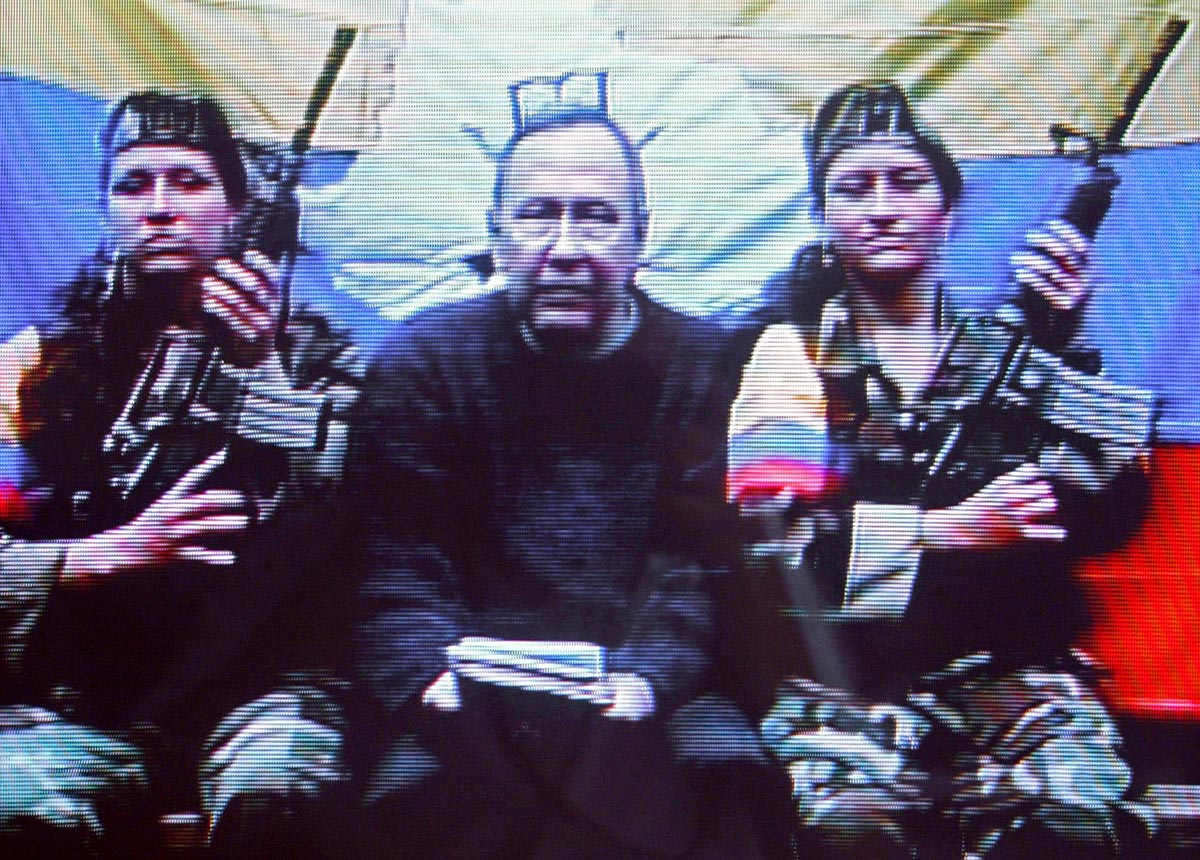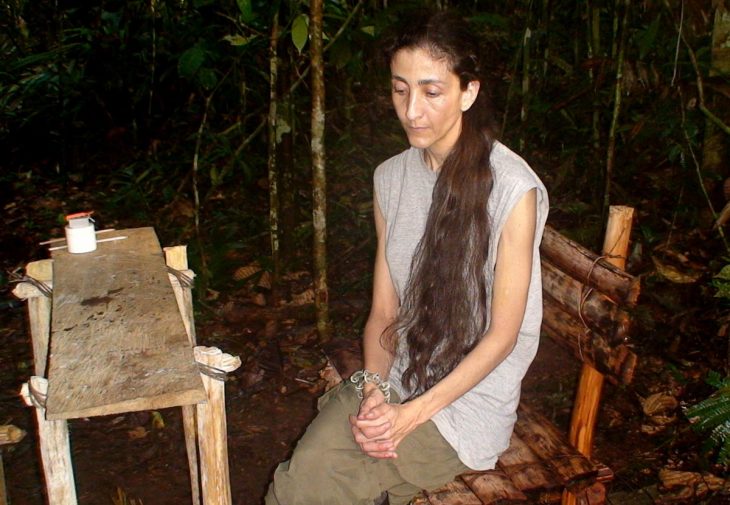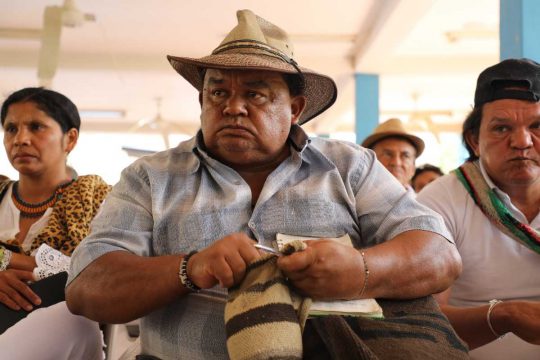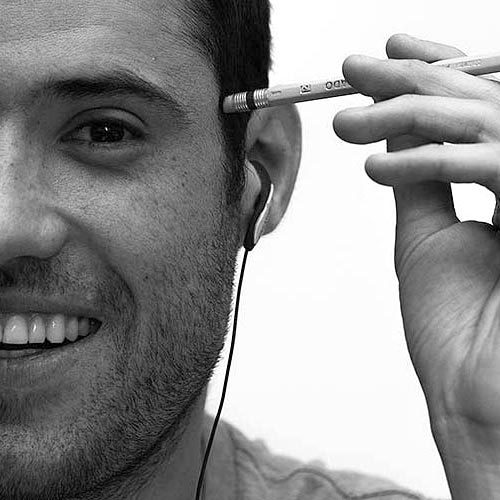“Many are struggling with being confined during these days of lockdown due to the COVID-19 epidemic. Imagine living that for many years”, says Luis Herlindo Mendieta, a retired Police general who remained a hostage of the former Revolutionary Armed Forces of Colombia (FARC) for almost eleven years. A decade after being rescued from captivity, Mendieta is one of 2.004 victims accredited in the macro-case on kidnappings by FARC, or Case 01, which will be a major test of legitimacy for Colombia’s brand new transitional justice court stemming from the 2016 peace deal with that guerrilla group.
Former FARC commanders have begun admitting their responsibility for this crime and privately expressing their regret. But victims are outraged by their captors’ failure so far to acknowledge the degrading treatments inflicted on them and the years of long suffering their families endured in their absence. This stark difference in expectations is rapidly becoming a litmus test of how legitimate an eventual ruling on the case by the Special Jurisdiction for Peace – or JEP, as it is locally known – can be for victims, many of whom vocally support the transitional justice’s work but demand a higher standard of truth from perpetrators.
FARC’s most infamous practice
Case 01 is one of the first seven macro-cases opened by the Colombian transitional justice’s judicial arm and one of two specifically focusing on FARC’s deeds. It is highly symbolic because kidnappings were for years FARC's most infamous practice, garnering media attention worldwide and wide repudiation from all sectors of Colombian society. Haunting images of caged and chained prisoners in the middle of the rainforest became part of the country’s collective imagination.
Since last year, JEP justices have been questioning hundreds of persons. In lengthy confidential hearings, alleged perpetrators – including the 25 former members of FARC’s Central High Command – began answering the special tribunal’s questions on kidnappings. Until February, 350 former FARC rebels had provided collective written testimonies on those abductions, with 187 of them also presenting exhaustive individual accounts orally. Hours of videos and hundreds of pages in transcriptions, as Justice Info has told, have been forwarded since December to victims so they can confront their perpetrators’ accounts and submit observations and questions.
In these accounts, FARC members have acknowledged – for perhaps the first time – the plight resulting from their policy of kidnapping civilians and members of the security forces, whether for ransom, as prisoners of war or as political hostages to coerce the government into a prisoner exchange. Or as the JEP’s case has shown, less visible and humble victims that Colombians have rarely heard about, who were abducted for days or weeks and forced to build illegal roads or carry their food supplies.
FARC between admission and deception
“We would like to admit the severe impact we caused on your lives. We will never be able to return the time spent in jungles to you,” said commanders of FARC’s eastern bloc. “We collectively acknowledge as FARC structures and command that retaining civilians was a mistake. We know this was a grave error, for which there is no justification whatsoever,” said another collective testimony.
These admissions have not yet been stated publicly, as the JEP is still building its case and the time for obligatory acknowledgment of responsibility is a few months away. That didn’t stop El Espectador, a widely read newspaper, from publishing excerpts in late February from two leaked testimonies. Some victims were angry to learn of them through the press before getting the chance to review them, something that the transitional justice’s complex participation methodology tried to prevent but in practice cannot avoid altogether.
They were mostly incensed by the defendants’ deceptive claims about conditions in captivity, including that hostages were provided sunscreen, anti-aging lotion and even open patios useful for yoga. This outrage has had several effects. Many victims who had been skeptical of the peace deal finally decided to register as parties to the case, including General Mendieta who testified in 2018 but never completed his accreditation. Former minister Fernando Araújo, who spent six years in captivity and had declined participating, followed suit. His son, senator Fernando Nicolás Araújo, a member of President Iván Duque’s party and supporter of his failed attempts to modify the tribunal, is also requesting inclusion, in his words to challenge FARC’s assertion that his father “always had a clean bed sheet.”
In total, some 200 new victims have come forward since the scandal broke, underscoring the political cost of FARC’s arrogance but also the opportunity to widen the tribunal’s legitimacy in the long run.

Ingrid Betancourt’s protest letter
Something else happened. Many kidnapping survivors and relatives who vocally support the transitional justice also raised their voices to protest against FARC’s reluctance to address the brutal conditions they endured, often over years. Most visible among them has been Ingrid Betancourt, a former lawmaker who was abducted during her 2002 presidential run and remained kidnapped until the Colombian Army liberated her six years later.
“FARC present kidnappings as a regulated activity, by which they reverse responsibilities of the crime. My attempts to escape, they say, forced them to chain me and inflict other punishments that they only mention partially. (…) It is convenient to hold victims responsible for the abuse they subjected us to,” Betancourt wrote in a harsh public letter condemning her former captors’ attitude in the transitional justice process. She also lamented having read accounts of her plight in the press instead of formally receiving the complete dossier from the JEP, something the tribunal attributed to a human error in spotting a bounced e-mail that failed to reach 60 victims.
Victims spot gaping holes and contentious semantics
Over the past three months, many victims have been identifying the holes and mischaracterisations in FARC’s accounts, both publicly and in their observations to the JEP. “They admit to my father’s kidnapping and admit they didn’t treat him well. But they justify themselves – and blame him – of being rebellious. How can victims genuinely forgive them if they insist on embellishing the truth?” asked another victim, who asked to omit her name for security concerns.
Specific issues that come up frequently in their list of omissions include scarcity of medical care, physical confinement, prolonged lack of access to food and water, lack of communication with relatives for years at a time, derogatory language and threats. “What they’ve presented as exceptional situations were in fact normal. Out of seven years of captivity, I was chained up for five. Their punishment after an escape attempt was to take our boots away, yet they insist this only lasted a few days,” says Luis Eladio Pérez, a former senator whose abduction meant he missed his mother’s death, his son’s marriage and a grandson’s birth.
There is another common complaint from victims: many feel the term ‘retentions’ chosen by JEP justices to name its first macro-case undermines their dignity, given that it noticeably shies away from the word used by Colombians and sticks to the one historically used by their captors. The JEP contends that it chose this preliminary name – “that tedious word”, as one victim calls it – given that the General Attorney’s Office used it in its preceding criminal inquiry and that this precaution allows the special tribunal to avoid prejudging. Even though this is as much a political discussion as a legal one, Colombian criminal law –which also governs the JEP’s work – does categorise kidnapping as a crime.
Beyond semantics, the contested term hides three tough dilemmas that the JEP must solve over the next few months in its emblematic case against FARC.
Dilemma one: qualifying the crime
The JEP’s first dilemma is precisely what criminal charges it will present in its indictment, something people familiar with the case expected to happen around mid 2020 – before the COVID-19 pandemic hit Colombia in March and disrupted the transitional justice system’s work. To begin with, the JEP must determine if it considers that FARC’s kidnappings were arbitrary detentions like in human rights law, hostage takings as in international humanitarian law or the crime against humanity of unlawful confinements as in the Rome Statute, in case it considers that it was committed as part of a widespread or systematic attack.
Justices shall also decide whether they charge former rebels with other additional crimes, such as homicide, forced disappearance or even sexual violence, as a number of soldiers and policemen held hostage have reported. Two possible related crimes, torture and cruel, inhuman or degrading treatment, would mirror the truth that victims are demanding from perpetrators.
An equally complex decision for the JEP will be how it characterises the treatment given to the 394 soldiers or policemen registered as victims in this case, given that they are not civilians and many of them were abducted, like General Mendieta, while on duty. FARC have contended they were prisoners of war (POWs), yet the application of this concept to non-international armed conflicts is highly disputed and evidence shows rebels did not adhere to criteria in the Third Geneva Convention guiding the treatment of POWs, including allowing them communication or access to legal recourse. Albeit the peace deal states that kidnapping members of security forces can be considered a politically motivated crime, that doesn’t exempt the FARC from being charged with other crimes such as torture or sexual violence. In fact, evidence of other crimes may cause the judges to rule out considering the original abduction as politically motivated.
No matter how the tribunal approaches this dilemma, it will probably face some degree of backlash from victims and human rights organisations – or appeals from the defendants’ lawyers.
Dilemma two: Who is most responsible and of what?
A second dilemma is who exactly will the JEP deem as most responsible of committing this crime, given that the Colombian transitional justice model seeks to concentrate legal responsibility on those in command and those who played an essential role. While this will probably lead to FARC’s top brass being held accountable for a policy they infamously dubbed a ‘law’, there is one major caveat that is becoming evident. A significant number of current testimonies come from members of FARC’s command, whose statements fall short in detail on victims’ plight. As Luis Eladio Pérez recounts, only one jailer – Alexander Farfán, known as ‘Gafas’ – provided some insight into his captivity. “He was the only one admitting to anything of what we lived through. Members of FARC’s Secretariat or the bloc holding me merely stated that these retentions were of a political nature, to coax the government into a prisoner exchange,” he says.
This could lead the JEP to see that those who are more knowledgeable of the truths victims want to hear might not be the same persons who will appear at the top of its indictment.
One last decision will be what sanctions the JEP proposes for the FARC members it singles out in its indictment. Given that the Colombian transitional justice model is trying to strike a balance between retribution and redress, its judges could render public apologies to victims a mandatory part of punishment. That could, in turn, become an additional incentive for perpetrators to step up their commitment to telling kidnapping survivors the truths they still long for.
FARC’s perspective
Former FARC members are usually reluctant to discuss their duties before the transitional justice, invoking the Government’s lack of progress in implementing other chapters of the peace deal or stating that cases are ongoing and should be allowed to run their course. In an interview with Justice Info, Luis Alberto Albán, who currently represents FARC’s party in Congress and was part of the guerrilla’s negotiating team for the entire peace process, initially said that they thought most of the critiques came from victims who did not wish to see the transitional justice advance or had a personal interest in making headlines. Pressed further, and faced with testimonies from diverse victims, he admitted it’s a difficult discussion they have to take up within their political party.
“Listening to these accounts of cruel treatment is something that we value and makes us think,” says Albán, who spent three decades in the FARC under the nom-de-guerre 'Marcos Calarcá'. “They should express everything they feel. We will also speak later on. We don’t have to acknowledge what we don’t agree with, nor can this be about a guillotine blade pending over us. That’s not what we signed, it’s not the idea. But it is part of an ongoing discussion we’re having. There are differing views on wording and I don’t see it impossible [that ours may change]”, he added.








